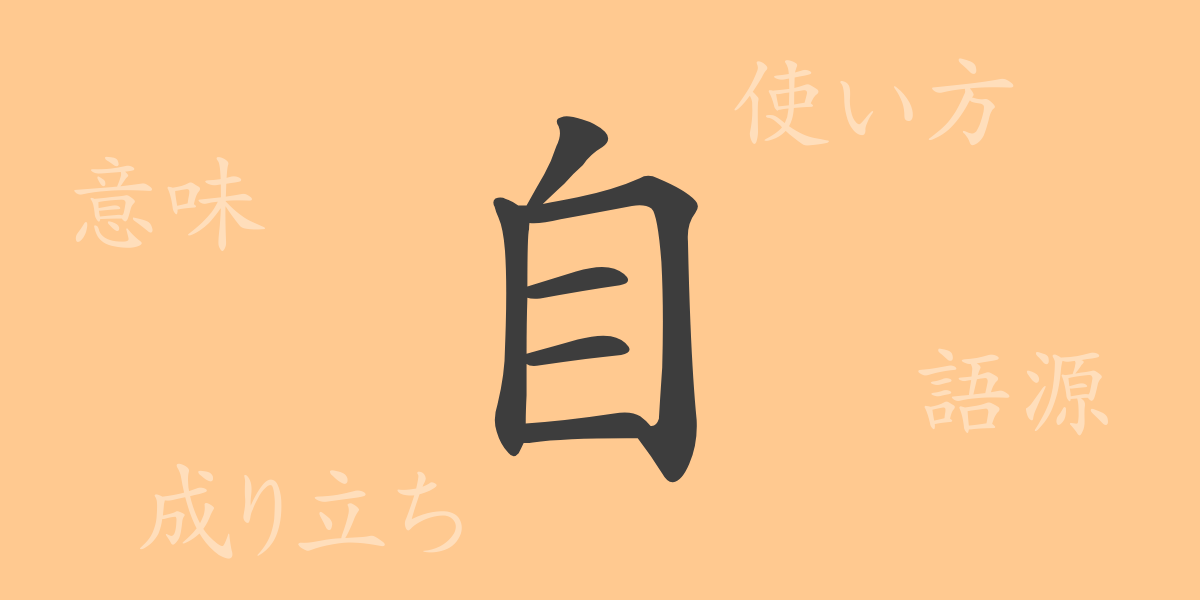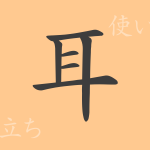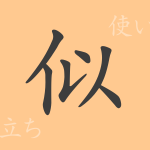Kanji are not merely characters but elements of the Japanese language that embody deep history and culture. Each kanji tells its own unique story through its form and meaning. In this article, we spotlight the common kanji “自(じ),” exploring its origins and modern usage. “自” is related to familiar concepts such as self and nature, but its uses and the compound words it forms are extensive. Through this exploration, we aim to understand the diverse facets of “自” and gain insights into richer Japanese expressions.
Origins of 自(じ) (Etymology)
The kanji “自(じ)” originated from an ancient Chinese pictograph representing a nose. Originally depicting the side view of a face with the nose at its center, this design became the foundation for “自.” Over time, “自” evolved to signify “oneself,” further expanding to mean “nature” and “self.” Through these transformations, “自” has become a crucial kanji denoting concepts of self and independence.
Meanings and Usage of 自(じ)
The kanji “自(じ)” is fundamentally used to denote “oneself.” It typically appears in contexts related to self-related matters or actions performed by oneself. Additionally, as seen in words like “自然(しぜん)” (nature) and “自由(じゆう)” (freedom), “自” is used to express spontaneity or intrinsic states. Thus, “自” is deeply connected to numerous words and concepts involving self and autonomy.
Readings, Stroke Count, and Radical of 自(じ)
Understanding the readings and structure of “自(じ)” is valuable:
- Readings: The on’yomi (音読み) is “ジ,” and the kun’yomi (訓読み) includes “みずか.ら” and “おの.ずから.”
- Stroke count: It consists of 6 strokes.
- Radical: The radical is 自部(みずからへん) (self).
Idioms, Phrases, and Proverbs Using 自(じ)
There are many idioms and proverbs in Japanese that include “自(じ).” Examples include:
- 自己紹介(じこしょうかい): The act of introducing oneself to others.
- 自業自得(じごうじとく): The idea that one must accept the consequences of their own actions.
- 自給自足(じきゅうじそく): Living self-sufficiently by producing everything one consumes.
These expressions all highlight actions or outcomes related to oneself, emphasizing self-reliance and responsibility.
Conclusion on 自(じ)
The kanji “自(じ)” possesses a richness that belies its simple form. It is an indispensable character for expressing concepts related to self and nature, deeply ingrained in our daily lives through various idioms and proverbs. By understanding the profound history and diverse usage of “自,” we can deepen our appreciation and comprehension of the Japanese language.

























